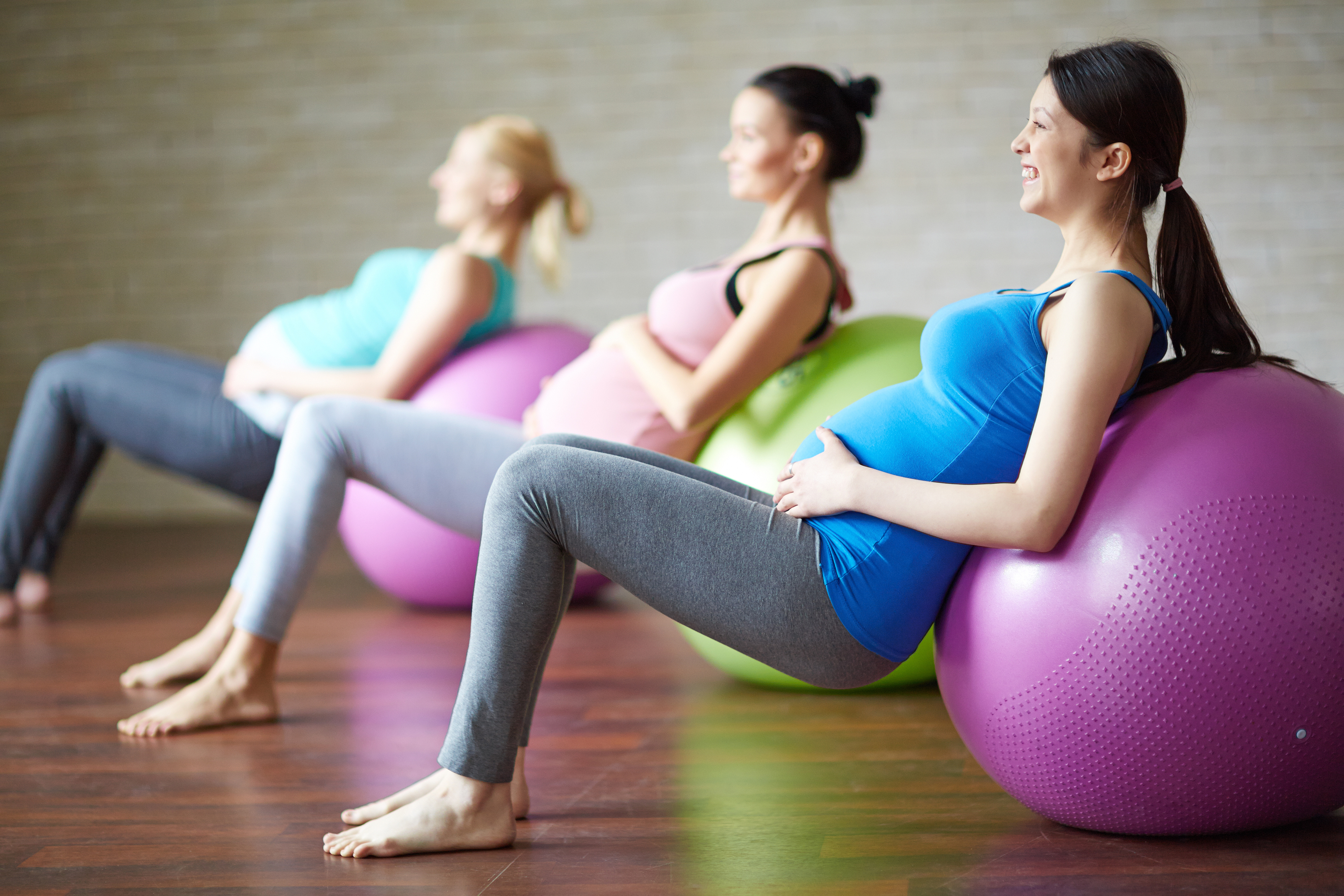
According to Perinatal Anxiety & Depression Australia (PANDA) antenatal and postnatal depression affects around 100,000 families each year.
Natalie Simpson from Exercise & Sports Science Australia, talks to Accredited Exercise Physiologist and women’s health expert, Esme Soan, about why it’s imperative for women and families to understand the difference between feeling a little sad, and possibly living with a mental health condition following pregnancy.
“Postnatal depression (PND) isn’t just the ‘baby blues’. Women’s hormones are all over the place in the early days after giving birth and it is quite natural to not feel their usual selves. However once things start to settle down, some signs of postnatal depression are consistent low moods, feelings of anxiety, guilt, shame and/or hopelessness.”
Depression can have an impact on completing everyday tasks, such as housework, shopping, even communicating with other people. With the additional demands of caring for a newborn, it can be hard to manage alone, so being aware and recognising the signs of postnatal depression in yourself, or a loved one, early is an important first step to then seeking help from family and friends or a professional.
One element of self-care to help look after both physical and mental health, is making sure you are doing regular exercise. Exercising before and during pregnancy is healthy for both you and baby. In the case of postnatal depression, evidence shows that continuing to exercise postpartum is a vital tool in enhancing mental health and wellbeing, and an effective treatment in reducing the symptoms and severity of PND.
“Exercise is a form of medicine, and we know it can help improve your mood, and assist with your sleep quality and energy levels, as well as your physical recovery from pregnancy and delivery.”
Key considerations
- If you are concerned or think you or a loved one may be living with postnatal depression seek advice from your doctor as soon as you can.
- Prior to exercising, make sure you get the all clear post-partum from your doctor or health professional.
- Be mindful that not all exercises are suitable for post-partum women, so it’s important to seek professional advice from an accredited exercise professional such as an Accredited Exercise Physiologist or Accredited Exercise Scientist to make sure you are exercising safely.
If you think you are living with postnatal depression or want to find out more about the symptoms and signs, visit Beyond Blue.
To find out more about exercising before, during or after pregnancy, visit Exercise Right.



